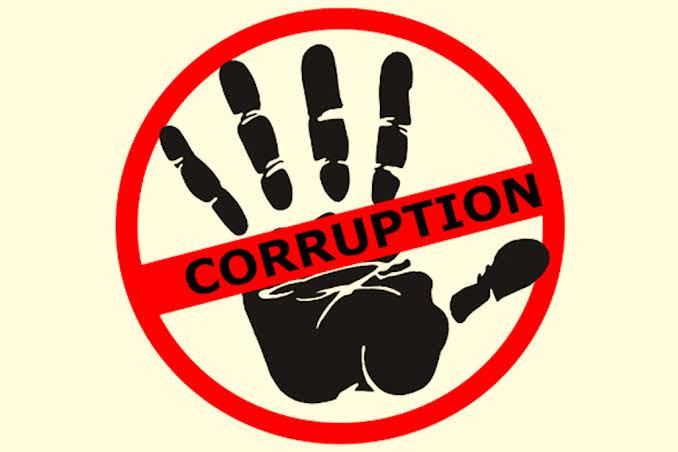National Issues
Solution for Combating Corruption in Nigeria -By Abdullateef Abdullahi
Political will is a linchpin in the fight against corruption. Leaders must demonstrate a genuine commitment to eradicating corruption, both in rhetoric and action. This includes holding high-ranking officials accountable for their actions, regardless of political affiliation. Political reforms, such as campaign finance regulations, can also help mitigate the influence of money in politics.

Addressing corruption in Nigeria requires a multifaceted approach that involves legislative, judicial, and societal measures. A comprehensive solution should focus on transparency, accountability, and changing cultural attitudes toward corruption.
Firstly, strengthening the legal framework is crucial. Nigeria needs robust anti-corruption laws that are strictly enforced. This involves not only creating new legislation but also revising existing laws to close loopholes that may be exploited. Additionally, establishing specialized anti-corruption courts can expedite the legal process and ensure cases are handled efficiently, reducing the chances of manipulation or delays.
In parallel, enhancing the effectiveness of law enforcement agencies is vital. Providing adequate training and resources to anti-corruption units within the police and other relevant agencies can improve their ability to investigate and prosecute corruption cases. Specialized anti-corruption units should be insulated from external pressures to ensure impartiality and autonomy.
Transparency and accountability mechanisms are critical components of any successful anti-corruption strategy. Implementing measures such as open budget initiatives and public procurement reforms can minimize opportunities for corrupt practices. Utilizing technology, like e-procurement systems, can increase transparency and reduce the likelihood of embezzlement and bribery.
Another key aspect is promoting a culture of accountability within government institutions. Encouraging whistleblowing and protecting whistleblowers are essential steps to uncovering corruption. Establishing independent ombudsman offices can provide an avenue for citizens to report corruption without fear of reprisals.
Education plays a pivotal role in changing societal attitudes towards corruption. Integrating anti-corruption education into school curricula can foster a sense of ethics and integrity from an early age. Public awareness campaigns can further educate citizens about the negative consequences of corruption on society and motivate them to reject corrupt practices.
International cooperation is also crucial in the fight against corruption. Nigeria should collaborate with other nations to extradite corrupt individuals who may seek refuge abroad. Additionally, working with international organizations to share best practices and receive technical assistance can enhance the effectiveness of anti-corruption efforts.
Asset recovery mechanisms should be strengthened to reclaim stolen funds. Establishing a dedicated fund where recovered assets are channeled into projects that directly benefit the public can demonstrate the tangible impact of anti-corruption measures. This not only serves as a deterrent but also contributes to rebuilding public trust in government institutions.
Political will is a linchpin in the fight against corruption. Leaders must demonstrate a genuine commitment to eradicating corruption, both in rhetoric and action. This includes holding high-ranking officials accountable for their actions, regardless of political affiliation. Political reforms, such as campaign finance regulations, can also help mitigate the influence of money in politics.
Civil society plays a pivotal role as a watchdog and advocate for accountability. NGOs, media outlets, and other civil society organizations should be empowered to independently monitor and report on corruption cases. Protecting the freedom of the press is particularly crucial in ensuring that investigative journalism can thrive and expose corruption without fear of censorship.
In conclusion, addressing corruption in Nigeria requires a holistic and sustained effort. Legal reforms, enhanced law enforcement, transparency measures, educational initiatives, international collaboration, asset recovery, political will, and an active civil society all play integral roles in creating an environment where corruption is not tolerated. By tackling corruption on multiple fronts, Nigeria can pave the way for a more accountable, transparent, and prosperous future.










